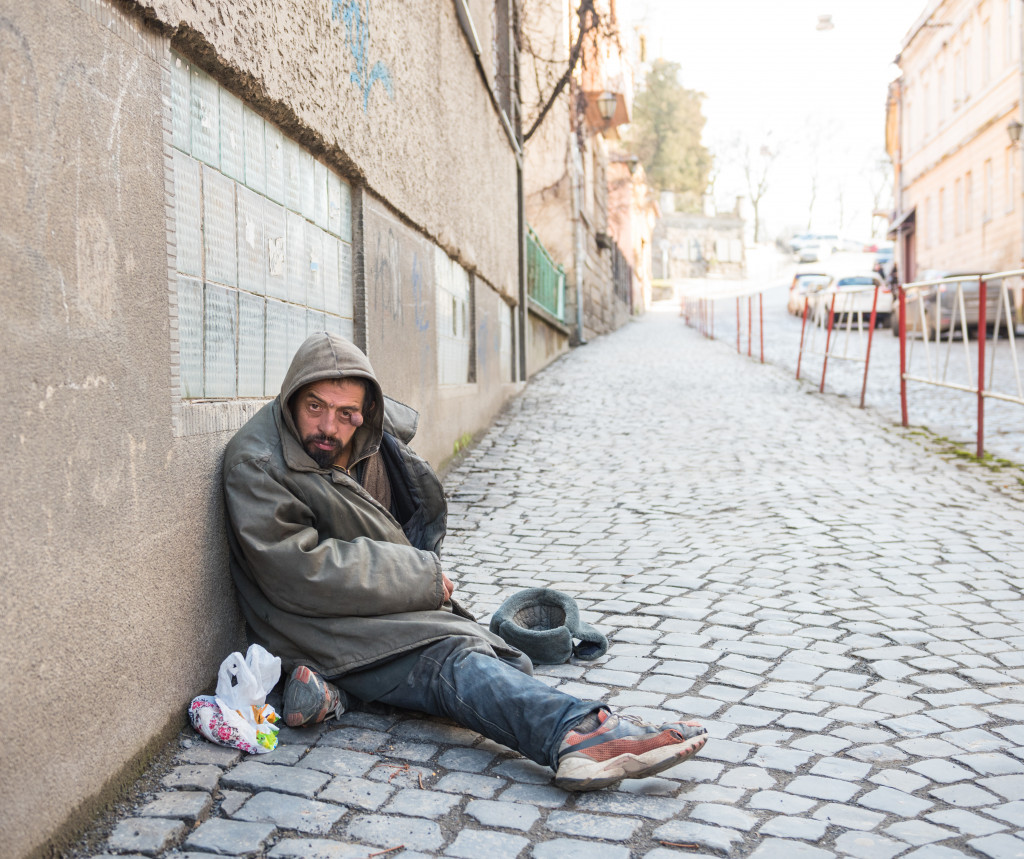If you work with or for a non-profit organization, non-government organization, or local government unit, you probably have seen first-hand the effects of poverty in struggling communities. Maybe you’ve even tried to address some of the issues yourself, only to find that the problems are more complex than they first appeared. Here are the most common issues faced by struggling communities and what you can do to help address them:
Lack of access to basic necessities
When you think about struggling communities, what comes to mind? Poverty, crime, and violence are often some of the first things that come to mind. However, the lack of access to basic necessities that these communities face daily is often overlooked. This can include everything from safe housing and clean water to nutritious food and quality healthcare. Without these basic necessities, it can be difficult for people to lift themselves out of poverty and reach their full potential.
Unfortunately, due to various factors, such as a lack of resources and political unrest, many struggling communities worldwide do not have the necessary infrastructure to provide their residents with these essential services. As a result, many people in these communities are forced to live in conditions far below the standards that we consider acceptable.
You can help address this issue by supporting organizations working to improve access to essential services in struggling communities. For example, you can donate money or supplies to a local organization providing clean water to a community in need or volunteer your time to help build homes for families living in unsafe and unsanitary conditions.
Lack of access to education and jobs
In many communities, opportunities for education and good jobs are out of reach. Too often, schools in struggling neighborhoods are underfunded and lack the resources they need to give students a high-quality education. As a result, many students drop out of school and end up in low-paying jobs with little opportunity for advancement.
This cycle of poverty is difficult to break, but it’s not impossible. Investing in education and job training programs gives people the tools they need to build a better future for themselves and their families. With your help, a difference can be made in the lives of those who need it most. So join the fight for access to education and good jobs for all.
Drug addiction and substance abuse

In struggling communities, drug addiction and substance abuse are often seen as part of the problem. But they’re also part of the solution. By getting involved in prevention and treatment programs, you can help to reduce the number of people who turn to drugs in the first place. And by providing support to those struggling with addiction, you can help them get their lives back on track. It’s not easy, but it’s important. And it starts with you. So if you’re ready to make a difference, get in touch and support a local prevention or treatment program today.
Domestic violence
According to the National Coalition Against Domestic Violence, one in four women will experience domestic violence. This means that if you know four women, chances are that one of them has or will experience domestic violence. Domestic violence does not discriminate. It does not matter how much money you have, what color your skin is, what religion you practice, or where you live. It can happen to anyone. However, there are some communities that are more at risk than others.
Domestic violence is more common in struggling communities. This remains pervasive for several reasons. For one, domestic violence cases go unreported due to less access to resources and fewer options for help. Another possible reason is that the victims feel a sense of isolation or hopelessness. Whatever the reason, it is important to remember that no one deserves to be a victim of domestic violence.
If someone you know is in a struggling community and experiencing domestic violence, you can help by being a support system. Listen to them, believe them, and help them find resources. You can also refer them to experienced divorce lawyers who can help domestic violence victims get out of abusive relationships and protect their rights. These lawyers can also give advice on how to stay safe and what to do if the abuser tries to contact them.
While it can be difficult to face the challenges that come with living in a struggling community, there are things that we can do to make a difference. By supporting organizations that provide essential services, investing in education and job training programs, and getting involved in drug prevention and treatment programs, we can help people to build better lives for themselves and their families. And by standing up against domestic violence, we can help victims find safety and support. It’s not easy work, but it’s important.

